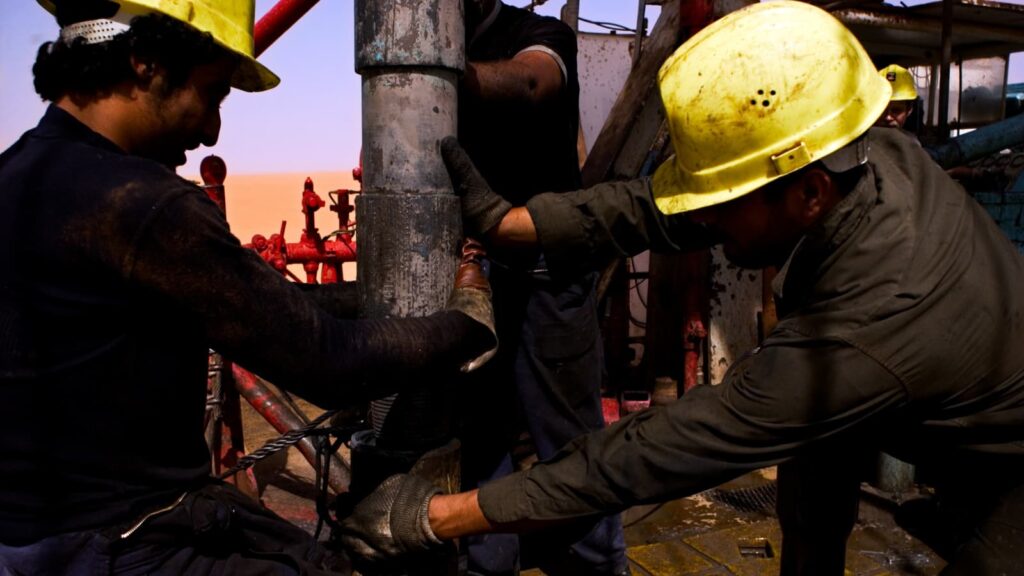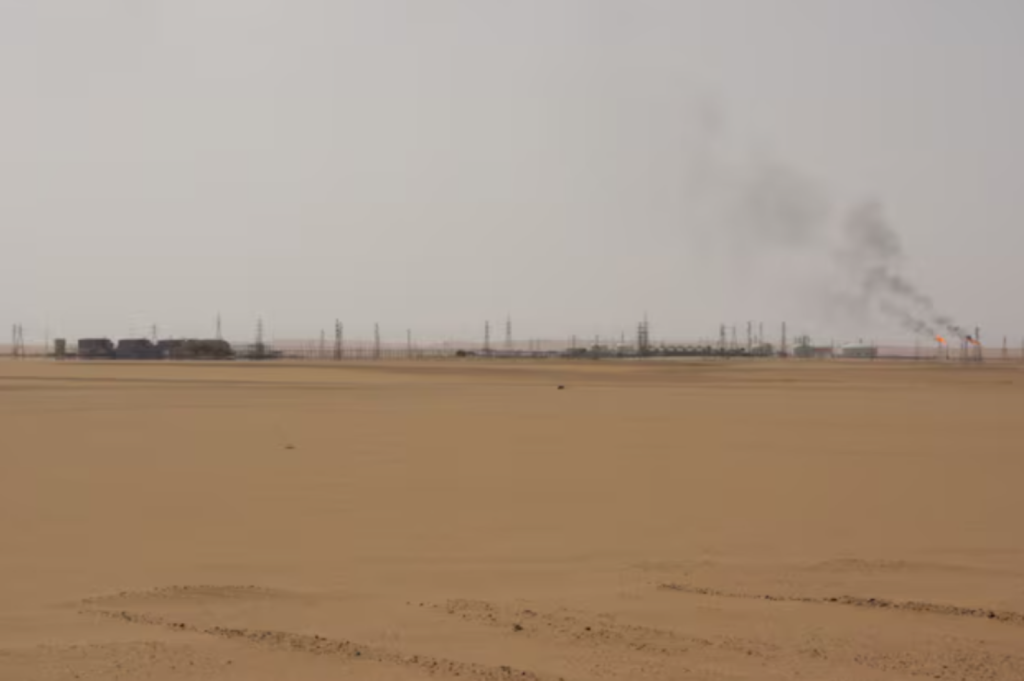In a dramatic escalation of Libya’s ongoing political crisis, the government in eastern Libya announced on Monday that all oilfields under its control would be shut down, effectively halting production and exports from a significant portion of the country’s oil infrastructure. This unilateral decision highlights the deepening divide between Libya’s rival administrations and threatens to further destabilize the nation’s fragile economy.

The announcement from the eastern government, which is not internationally recognized, came without immediate confirmation from the National Oil Corporation (NOC) or the internationally backed government in Tripoli. The NOC, which oversees Libya’s oil resources, has remained silent on the matter, leaving many questions unanswered about the immediate impact of this decision.
However, Waha Oil Company, a subsidiary of NOC, has reported plans to gradually reduce output, citing “protests and pressures.” Waha, which operates in partnership with international oil giants TotalEnergies and ConocoPhillips, has a substantial production capacity of approximately 300,000 barrels per day (bpd), primarily exported through the eastern port of Es Sider.
The company manages five major oilfields in southeastern Libya, including the Waha field, which alone produces over 100,000 bpd. Other significant fields under its operation include Gallo, Al-Fargh, Al-Samah, and Al-Dhahra. The potential closure of these fields would represent a significant blow to Libya’s oil production capabilities.
Most of Libya’s oilfields are located in the eastern part of the country, which is controlled by Khalifa Haftar’s Libyan National Army (LNA). The Benghazi-based government has not specified the duration of the proposed shutdown, adding to the uncertainty surrounding the situation.
Reports from the ground paint a mixed picture. Two engineers at the Messla and Abu Attifel oilfields told Reuters that production was continuing as usual, with no orders received to halt operations. This conflicting information underscores the complex and often opaque nature of Libya’s oil industry amidst political turmoil.

The announcement comes amid a broader power struggle between Libyan factions vying for control over the country’s central bank and oil revenues. Recent tensions have emerged following efforts by certain political groups to remove Sadiq al-Kabir, the head of the Central Bank of Libya (CBL). This has led to the mobilization of rival armed factions on both sides of the dispute.
In response to these “exceptional disturbances,” the Tripoli-based CBL announced on Monday the suspension of its services both domestically and internationally. As the sole internationally recognized depository for Libyan oil revenue, the CBL plays a crucial role in the country’s economic stability.
“The Central Bank of Libya hopes that its ongoing efforts in cooperation with all relevant authorities will allow it to resume its normal activity without further delay,” the bank stated. This suspension comes just days after a brief shutdown last week following the kidnapping of a senior bank official, who was subsequently released.
Libya, once a major oil producer, has struggled to maintain stability since the 2011 NATO-backed uprising that overthrew long-time leader Muammar Gaddafi. The country split in 2014, with eastern and western factions drawing support from Russia and Turkey, respectively.
The oil industry, Libya’s economic lifeline, has frequently been caught in the crossfire of these political disputes. Earlier this month, the NOC declared force majeure at the Sharara oilfield, one of the country’s largest with a capacity of 300,000 bpd, due to protests. Before this closure, Libya’s oil production stood at approximately 1.2 million bpd.
If the eastern government’s shutdown order is fully implemented, the El Feel oilfield in southwestern Libya, with a capacity of 130,000 bpd, could become the country’s only functioning major oil production facility.



